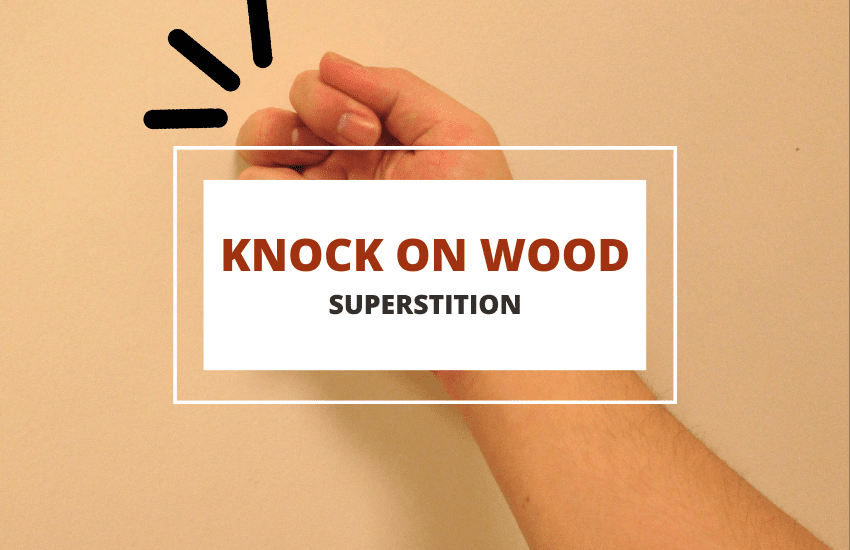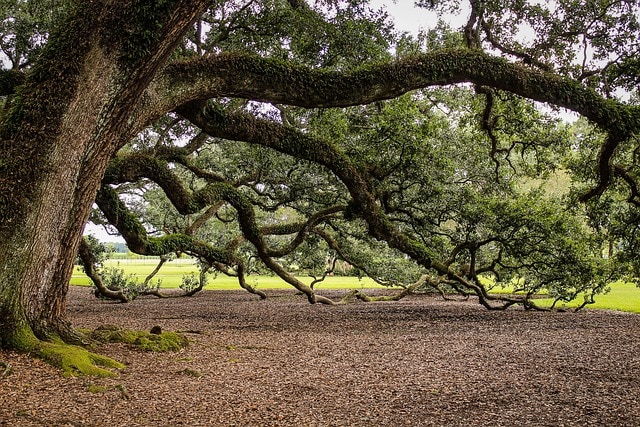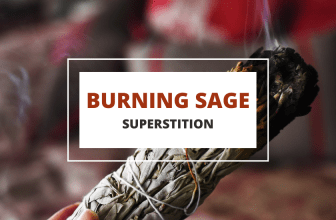
Table of Contents
Consider this scenario. You are in the middle of a conversation with a friend or family member. Perhaps you are planning something, hoping for better luck, or you mention something that’s going well in your life, and you suddenly worry that you might jinx it. As you talk, your superstitious side takes over and you knock on wood.
You aren’t alone in doing this. Millions of people around the world knock on wood or use the expression to keep bad luck at bay.
But where did this superstition come from? And what does it exactly mean when one knocks on wood? In this post, we will explore the meaning and origin of knocking on wood.
What Knocking on Wood Means
Knocking on wood is when one literally taps, touches, or knocks on wood. People in some countries refer to this superstition as touching wood.
In many cultures, people knock on wood to ward off bad luck or to welcome good fortune and even wealth. Sometimes, people merely say the phrases knock on wood or touch wood to avoid tempting fate especially after making a boastful statement or a favorable prediction. In modern times, knocking on wood is done to prevent us from jinxing ourselves.
This superstition is frequently used when the stakes are so much higher. For instance, if one talks about something extremely important that seems too good to be true, then it is recommended to knock on wood or tap a nearby tree.
Where Did This Superstition Come From?

No one knows when or how the practice of knocking on wood began. The British have used this phrase since the 19th century, but its origin is unknown.
It is most commonly believed that this superstition originated from ancient pagan cultures like the Celts. These cultures believed that gods and spirits lived in trees. Thus, knocking on the trunk of trees would rouse the gods and the spirits so they could offer their protection. However, not every tree was considered sacred. Trees such as oak, hazel, willow, ash, and hawthorn.
Likewise, in ancient pagan cultures, it was also believed that knocking on wood was a way of showing gratitude to the gods. This then would provide them good fortune.
Another theory is that people began knocking on wood in order to ward off evil spirits when discussing their possible luck. Making evil spirits go away would then prevent any reversal of good fortune.
The superstition of knocking on wood can also be traced to the times of early Christianity. As pagan practices were adopted by the early Christians and Christianized, touching wood became akin to touching the wooden cross that bore Jesus Christ. Over time, the wood we knock on was believed to be symbolic of the wooden cross of Jesus Christ’s crucifixion.
In Judaism, touching wood was adopted during the Spanish Inquisition when many Jewish hid in wooden synagogues to avoid being seen by the Inquisitors. They had to make a specific knock so they would be allowed to enter and hide in synagogues. Knocking on wood then became synonymous with safety and survival.
There’s also the belief that the phrase knock on wood is a more recent practice. For example, British folklorist Steve Roud in his book “The Lore of the Playground” noted that the practice is from a children’s game called “Tiggy Touchwood.” It’s a 19th-century game in which players become immune to being caught after touching a piece of wood, such as a door.
Why Do We Still Touch Wood?

We like to consider ourselves as being rational, logical beings but even so, many of us still engage in superstitious practices. Of these, knocking on wood is one of the most popular and prevalent. So, why do we still knock on wood? We know there aren’t any spirits lurking in the wood that will ward off evil or bless us with good fortune. And yet, we still do this.
The practice of knocking on wood can simply be a habit that’s hard to break. According Dr. Neil Dagnall and Dr. Ken Drinkwater,
“Superstitions can provide reassurance and can help to reduce anxiety in some people. But while this may well be true, research has shown that actions associated with superstitions can also become self-reinforcing – in that the behavior develops into a habit and failure to perform the ritual can actually result in anxiety”.
If you began this practice or saw others doing it from an early age, it may have become a habit that can cause anxiety when not followed. After all, most people feel that they have nothing to lose by knocking on wood. But just in case there’s something to it, you may be jinxing the good luck in your life and inviting misfortune.
Wrapping Up
Knocking on wood to prevent tempting fate or to ward off bad luck has long been practiced by many cultures around the world. And it’s a superstition that’s unlikely to go away anytime soon. If knocking on wood makes you feel better, what harm is there in it? No matter where this superstition comes from, it seems like a harmless practice.








